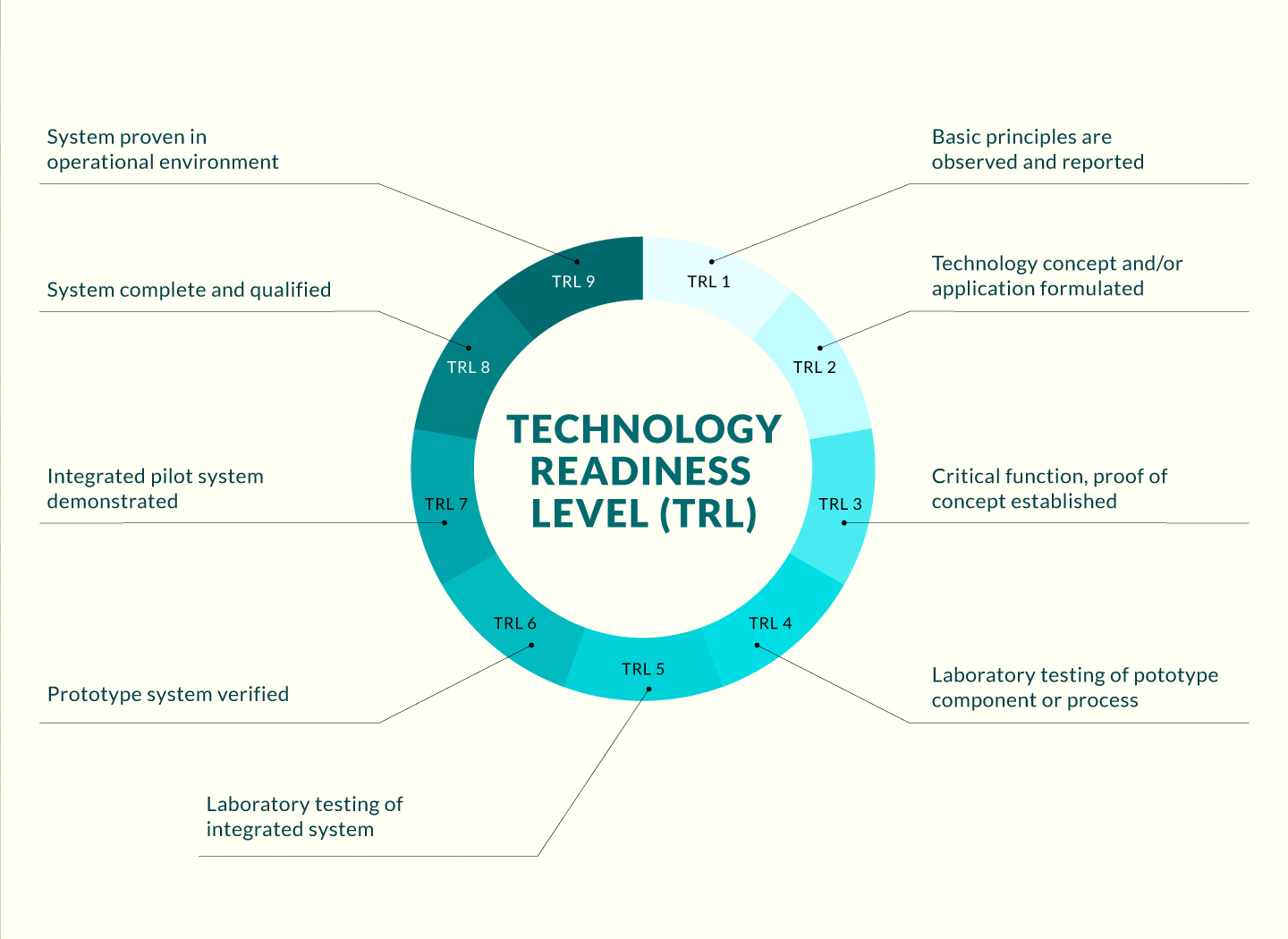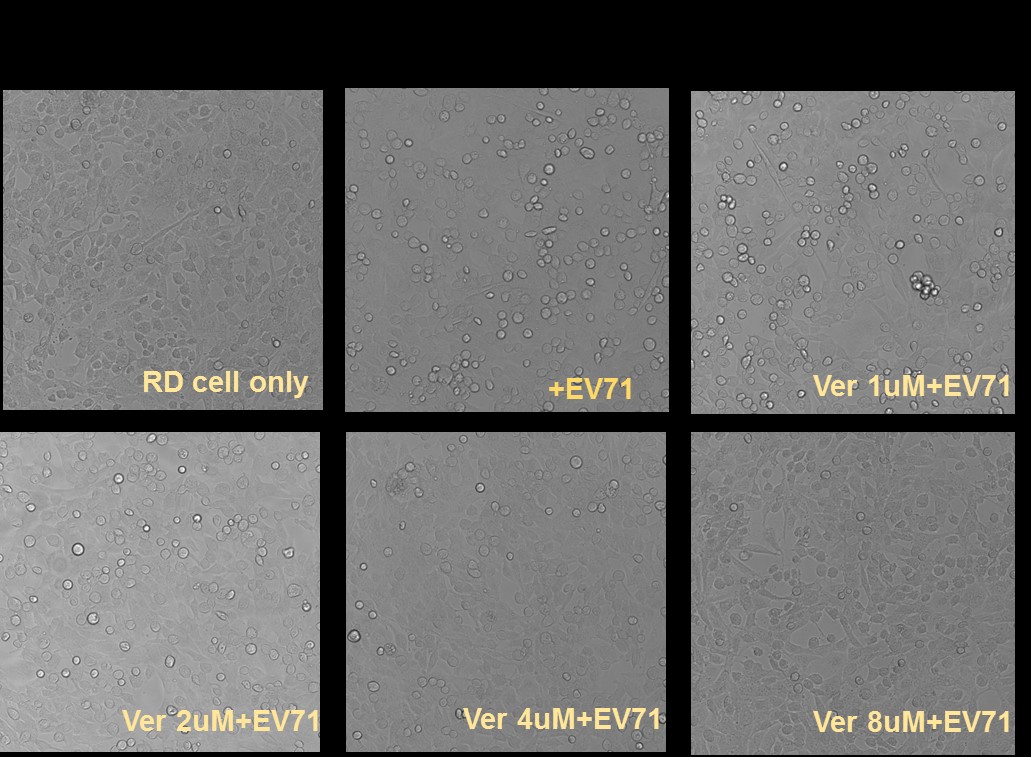
Opportunity
Enterovirus A71 (EV-A71) is a small positive-stranded RNA virus that causes human hand, foot and mouth disease (HFMD) as well as fatal neurological disorders, in some cases without effective treatment. Other enteroviruses (e.g., coxsackievirus), flaviviruses (e.g., West Nile virus, hepatitis C virus, dengue virus, tick-borne encephalitis virus, yellow fever virus, Zika virus) and coronaviruses (e.g. SARS-CoV, SARS-CoV-2) also cause infections and can lead to extensive outbreaks in countries worldwide. However, no therapeutic drugs are currently available to treat infections caused by viruses such as EV-A71 and Zika virus. Thus, the opportunity exists to develop novel treatments for these prevalent viruses.
Technology
The inventors showed for the first time that Hsc70 (heat shock cognate protein 70) plays a pivotal role in viral infections, specifically in EV-A71 replication, pointing to a target for antiviral drug development. Hsc70 knockdown significantly suppresses viral replication, reducing not only the level of both viral replication intermediates (negative stranded RNA) and viral genomic RNA (positive stranded RNA), but also the level of viral protein expression; whereas ectopic expression of Hsc70 markedly promotes viral replication. Interestingly, Hsc70 depletion decreases the internal ribosome entry site (IRES) activity of EV-A71, while the ectopic expression of Hsc70 enhances the IRES activity accordingly. Furthermore, Hsc70 binds viral genomic RNA but does not directly interact with IRES.
Notably, the Hsc70 inhibitor Ver-155008 exhibits a high potency to inhibit the viral infectivity of EV-A71; it significantly protects against the cytopathic effects of EV-A71 infection and inhibits both IRES activity and viral reproduction in a dose-dependent manner. Importantly, Ver-155008 displays very low toxicity in the tested cells. As Ver-155008 and other inhibitors can OK the cell from infection by viruses such as coxsackievirus, Zika virus, etc., the new drug may be developed to treat multiple viruses.
Advantages
- Currently, no therapeutic drug is available to treat enterovirus A71 and Zika virus infection. Hsc70 inhibitors may serve as the first antiviral drug against enteroviruses and flaviviruses.
Applications
- Hsc70 inhibitors could be used as an antiviral drug against enterovirus A71.
- They could also be applied to combat infections caused by other enteroviruses (e.g., coxsackievirus), flaviviruses (e.g., West Nile virus, Zika virus, dengue virus) and Coronaviruses (e.g. SARS-CoV, SARS-CoV-2, HCoV-OC43).
- The market for this invention would be huge in antiviral treatments, including in China, the U.S., South Asia, Africa, and South America, where enteroviruses and flaviviruses are widely prevalent.




